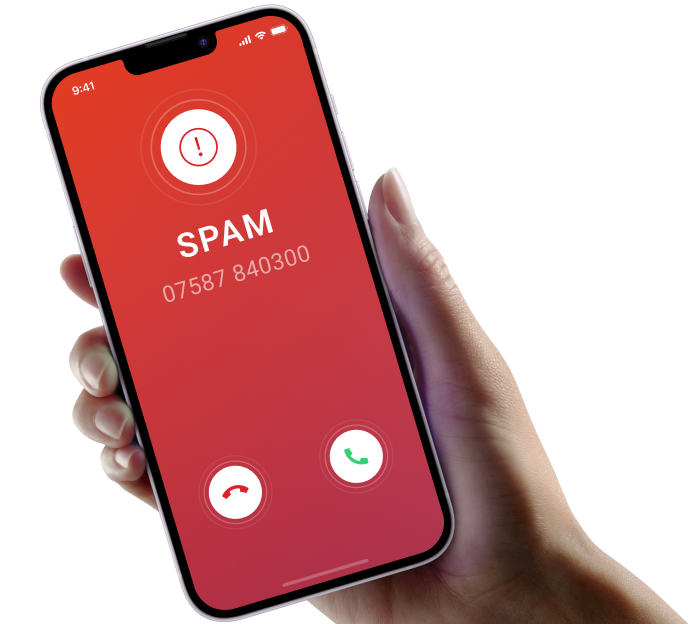warning: 18774530539, 1-877-453-0539, 18885776012, 8774530539, 18774530539, 7786121000, 18002401627, 6043421000, 8888112323, 514 375 2413, 778-612-1000, 8773627434, 4169355555, 18773627434, 778 612 1000, (662) 255-3743, 8663102355, 8885776012, 604-342-1000, +1 (514) 375-2413,
Introduction
Alert spam call 18774530539 1877 4530539 8774530539 18774530539 7786121000 18002401627 6043421000 in canada : Spam calls have become a major nuisance in Canada, affecting both individuals and businesses alike. The constant barrage of unsolicited calls can disrupt daily life, expose people to scams, and violate their privacy. In this article, we will explore the nature of spam calls, their impact, and most importantly, provide you with valuable tips on how to protect yourself from these unwanted communications.
Also read : https://thebusinessdays.com/beware-of-phone-calls-from-0120005441-0120991013-8008087000-5031551046-8009190347-and-120999443-in-japan/
What Are Spam Calls?
Spam calls, also known as robocalls or nuisance calls, are unsolicited telephone calls that often use an automated pre-recorded message or attempt to connect you with a live telemarketer. These calls are sent in bulk to a large number of recipients without their consent, targeting both landlines and mobile phones.
Why Are Spam Calls a Problem in Canada?
Spam calls have become a significant problem in Canada due to their increasing frequency and deceptive tactics. Many spam callers try to defraud individuals by impersonating government agencies, financial institutions, or well-known companies. This results in financial losses, identity theft, and emotional distress for the victims.
How Do Spam Callers Get Your Number?
Spam callers obtain phone numbers through various means, including purchasing lists from third-party companies, scraping information from the internet, and using auto-dialing software to generate random combinations of numbers.
The Impact of Spam Calls on Individuals and Businesses
Annoyance and Disruption
The incessant ringing of phones with spam calls can be incredibly annoying and disruptive, especially during important meetings, family gatherings, or leisure time.
Scams and Fraudulent Activities
Spam calls often involve scams, where callers attempt to deceive individuals into providing personal information, such as Social Insurance Numbers, credit card details, or passwords.
Privacy Concerns
Spam calls infringe upon individuals’ privacy rights, as they are contacted without their consent and may unknowingly disclose sensitive information to malicious parties.
Legislation and Regulations
Canada’s Anti-Spam Legislation (CASL)
CASL is a federal law that regulates electronic communications, including email and telephone marketing. It prohibits sending commercial electronic messages without the recipient’s consent and mandates proper identification of the sender.
National Do Not Call List (DNCL)
The National Do Not Call List allows Canadian consumers to opt out of receiving unsolicited telemarketing calls. Telemarketers are required to check and abide by the list before making calls.
CRTC’s Efforts in Combating Spam Calls
The Canadian Radio-television and Telecommunications Commission (CRTC) actively works to reduce spam calls by enforcing regulations and working with telecommunication companies.
Tips to Protect Yourself from Spam Calls
Be Cautious with Your Personal Information
Be cautious when sharing your personal information, especially over the phone. Legitimate organizations will not ask for sensitive details through unsolicited calls.
Use Call Blocker Apps or Features
Consider using call blocker apps or features provided by your phone carrier to automatically block known spam numbers.
Register with the National Do Not Call List
Register your phone number with the National Do Not Call List to reduce the number of unsolicited telemarketing calls you receive.
Report Spam Calls to Authorities
Report spam calls and fraudulent activities to organizations like the CRTC and the Canadian Anti-Fraud Centre (CAFC) to help track and take action against scammers.
Avoid Answering Unknown Numbers
If you receive a call from an unknown number, let it go to voicemail if possible. Legitimate callers will leave a message.
Educate Yourself and Others
Stay informed about common spam call scams and educate your friends and family to prevent them from falling victim to fraudulent schemes.
Consider Changing Your Number
If you continue to receive an excessive amount of spam calls, consider changing your phone number as a last resort.
How to Identify and Avoid Spam Call Scams
Phishing Scams
Phishing scams involve callers posing as legitimate entities, such as banks, to trick individuals into revealing sensitive information.
Fake Government Agency Calls
Scammers may impersonate government agencies, threatening individuals with legal action or fines to obtain money or personal data.
Lottery or Prize Scams
Callers may inform individuals of winning a lottery or prize but ask for upfront payment or personal information to claim the reward.
Tech Support Scams
Scammers pretend to be tech support representatives and claim to detect issues on your device, requesting remote access or payment for non-existent services.
The Role of Telecommunication Companies
Caller ID and Call Authentication
Telecommunication companies play a vital role in developing and implementing caller ID and call authentication technologies to verify the legitimacy of incoming calls.
Collaboration with Authorities
Telecom companies collaborate with law enforcement and regulatory bodies to identify and block spam calls more effectively.
The Future of Spam Call Prevention
Advancements in Call Filtering Technology
Continued advancements in call filtering technologies aim to identify and block spam calls in real-time.
Global Efforts to Combat Spam Calls
Countries worldwide are working together to share data and strategies in the fight against spam calls.
Conclusion
Spam calls have become a significant concern in Canada, impacting individuals and businesses on various levels. Understanding the nature of these calls and taking preventive measures is crucial in protecting yourself from potential scams and safeguarding your privacy. By being cautious, informed, and proactive, you can minimize the impact of spam calls on your daily life.
FAQs
-
Q: Are all unsolicited calls considered spam calls?
- A: Not necessarily. While unsolicited calls can be annoying, some may be from legitimate sources like charities or political campaigns.
-
Q: Can spam calls be entirely eliminated in the future?
- A: While it’s challenging to eradicate spam calls entirely, ongoing technological advancements and global collaboration offer hope for substantial reduction.
-
Q: What should I do if I accidentally provided personal information to a spam caller?
- A: Immediately contact your financial institution and relevant authorities to report the incident and take necessary precautions.
-
Q: How can I spot a tech support scam?
- A: Tech support scammers usually claim to have detected issues on your device without any prior interaction with you. Legitimate tech support won’t initiate unsolicited calls.
-
Q: Can spam calls lead to identity theft?
- A: Yes, some spam calls are designed to extract sensitive information and can potentially lead to identity theft and financial fraud .


















